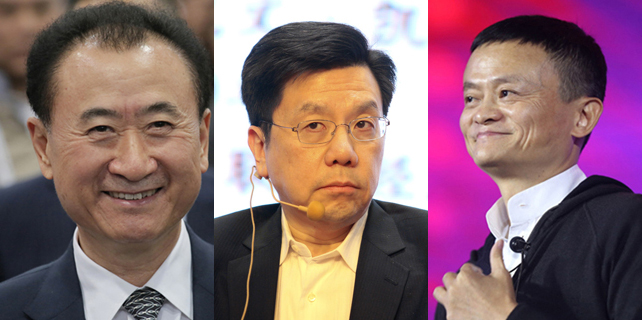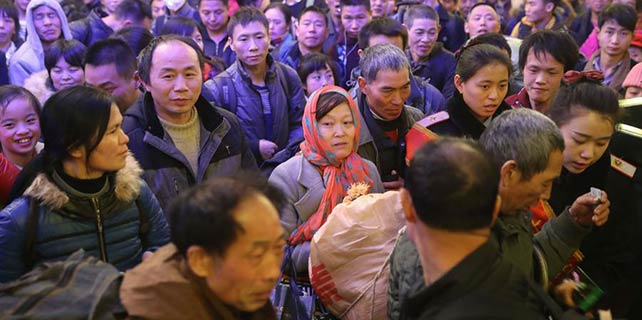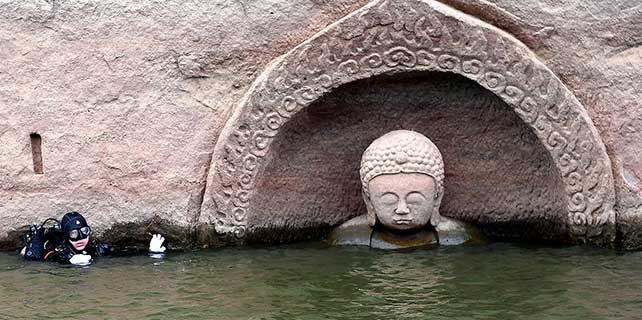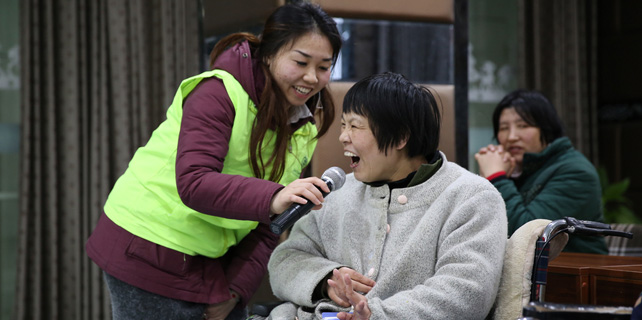Mattis: US must engage China diplomatically
The United States will have to manage its competition with China, said James Mattis, President-elect Donald Trump's pick for secretary of defense, at his confirmation hearing on Thursday.
Mattis was speaking before the Senate Armed Services Committee when Republican Senator Roger Wicker of Mississippi asked about the risk between US and China with regard to the Thucydides Trap.
"I believe that we're going to have to manage that competition between us and China. There's another piece of wisdom from antiquity that says fear, honor and interest always seem to be the root causes of why a nation chooses to go to hostilities," Mattis told lawmakers.
"And I would just say that what we've got to do is engage diplomatically, engage in terms of alliances, engage economically and maintain a very strong military so our diplomats are always engaging from a position of strength when we deal with a rising power," he said.

The Thucydides Trap, coined by Harvard University Professor Graham Allison, refers to an escalation toward war when a rising power causes fear in an established power.
In the three-hour hearing, Russia still was the main topic, just as at Wednesday's hearing for secretary of state nominee Rex Tillerson.
Mattis, 66, said US armed forces must remain the best led, the best equipped and the most lethal in the world.
Asked by Senator John McCain whether the world order is now under more strain, Mattis said it's under the biggest attack since World War II.
"And that's from Russia, from terrorist groups and with what China is doing in the South China Sea," he said. He also described Russia as "raising grave concerns on several fronts" and China as "shredding trust along its periphery".
Most Chinese regard the US as biased in the maritime territorial disputes between China and some of its neighbors in the South China Sea in a bid to promote US geopolitical interests in the region.
Mattis, a retired US Marine Corps general, last served militarily as the 11th commander of the US Central Command and the Unified Combatant Command from 2010 to 2013.
The Senate on Thursday also approved a waiver for Mattis to take the job. A candidate must be out of the military seven years before taking the top job at the Pentagon.
The House Armed Services Committee also approved the waiver, but a full House vote is set for Friday.
Mattis, a lifelong bachelor, is known for his intellectualism and interest in military and world history and has a personal library of 7,000 volumes.
Douglas Paal, vice-president for studies and director of the Asia program at the Carnegie Endowment for International Peace, said Mattis has shown sound and balanced judgment for decades, and his testimony reflects that record as well.
"This is an administration that does not generally appear deep and farsighted on foreign policy strategy, at a time when American resources are not as abundant as in past eras. In this context, I hope General Mattis, who as a Marine knows what it is like to be short of resources, will have an outsized role," Paal said.
Jonathan Pollack, a senior fellow at the John L. Thornton China Center of the Brookings Institution, said Mattis' temperament and judgment were on ample display in the hearings.
"He did not hesitate to convey his candid views of US national security interests, the priorities that matter most to the Department of Defense and his explicit depiction of the threats to US interests, including from Russia and China," Pollack said.
"But he is a realist in the true sense of the term and will provide undoubted ballast and balance in the Trump administration's future national security strategy," Pollack said.
chenweihua@chinadailyusa.com









